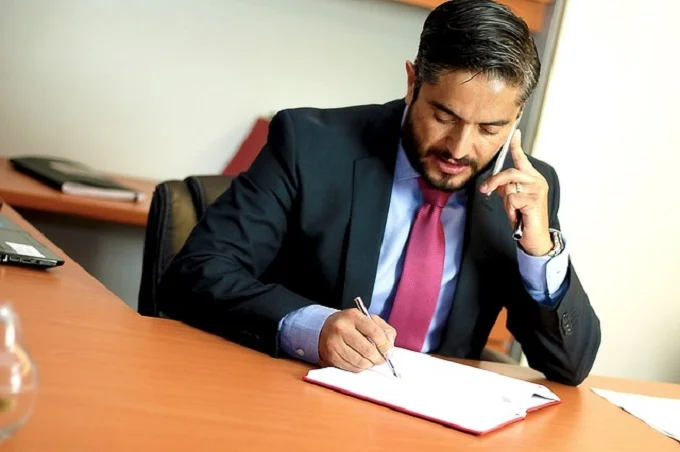How to eliminate task clutter

Constant changes and a continuous flow of information can create chaos in everyday life, particularly in tasks. Follow a few important rules to deal with this mess and increase productivity.
10 rules on how to eliminate task clutter
1. Stop performing useless actions

One of the main reasons you may need help doing something important is to perform useless actions. The most frequent are mindless scrolling on social networks, watching videos, or working on tasks that do not bring you closer to your goals.
Start by assessing what useless actions you are doing during the day. You may have a lot of free time. Focus on the highest priority tasks, and you can complete all your tasks on time.
2. Do not take on other people’s tasks
You often feel overwhelmed because you’re taking on tasks others should be doing. This can happen both in a work environment and in your personal life. Learn to say no and set boundaries. Remember that your primary task is taking care of your goals and responsibilities. If you constantly switch to other people’s tasks, you will need more time and energy to cope with your affairs.
3. Organize your tasks in one place

Systematization and organization of cases are key elements for increasing productivity. Keep your tasks from getting scattered across notebooks, flyers, apps, and emails. Choose one task management tool that is most suitable for you. Visit. A F R I N I K . C O M for the full article, all your notes must be collected in one place. This will allow you to track completed tasks and plan new ones easily.
4. Set tasks according to importance and urgency
When the number of tasks starts to go through the roof, and you don’t know what to grab first, it’s important to prioritize them correctly. The classic tool for this is the Eisenhower matrix. Divide your tasks into four groups: important and urgent, important but not urgent, unimportant but urgent, and unimportant and unimportant.
This lets you determine which cases require your attention and which can wait. This method helps prioritize and reduces the time spent considering what you should focus on first.
5. Make a to-do list for every day

A critical step towards organizing your affairs is creating a list of tasks. Start the day with planning: write down everything you need to do. This will help you distribute your efforts effectively.
With a clear plan in front of you, you can avoid feeling anxious about missing something. Moreover, you will feel satisfied and get additional motivation to move on whenever you cross off a completed task from the list.
6. Plan your time correctly
Your productivity largely depends on your ability to plan your time correctly. Consider your characteristics: Some people work better in the morning, some work better in the evening, some spend more time at home in a calm environment, and some need a working office atmosphere.
Choose comfortable conditions to do the job as efficiently as possible. Also, remember long-term planning. Create lists of plans for the week and month to understand the big picture and not get lost in the daily routine.
7. Avoid multitasking

Multitasking seems like a tempting opportunity to do more in less time, but in practice, it usually leads to lower quality of work and increased stress. When you do several things simultaneously, your concentration dissipates, making you less productive. Instead of taking on everything at once, focus on one task at a time. Identify and work on priority goals individually, paying full attention to the process.
8. Delegate tasks whenever possible
You don’t have to do everything yourself. Recognizing that you can’t (and shouldn’t) handle all tasks alone is important in organizing your time more effectively. If you have the opportunity, delegate tasks to other people.
The main thing is to choose the person you trust; otherwise, you will spend resources monitoring his work’s progress. Delegating frees up your time for more important tasks and allows others to show their skills and contribute to overall success.
9. Regularly review your tasks
Often, despite all the efforts to organize, tasks still accumulate, so they become a mess again. To avoid this, he regularly reviews his schedule. Take the time to review the relevance and priorities of all current tasks. Ensure you are not doing things that have long ceased to affect achieving your desired goals. If you make this process regular, it will help you stay as efficient as possible.
10. Divide large tasks into small subtasks

Large tasks may seem complicated, especially when you need help to achieve a result. Dividing large tasks into smaller ones helps to make them simpler and more understandable. Each subtask is easier to plan and complete, allowing you to track your progress and strengthen your motivation. So every time you take on a big project, first of all, take the trouble to make a detailed plan for working on it, consisting of small sequential steps.




